Next month, honeybee enthusiasts are invited to attend the 31st...


Next month, honeybee enthusiasts are invited to attend the 31st...
When food poisoning strikes people often spend hours wondering what they ate or touched to cause the illness. Fortunately, poultry scientists at Auburn University dedicate countless hours to advancing food safety practices—from production and processing all the way to...
Food scientist recognized for teaching excellence In Assistant Professor Sungeun Cho’s classroom, food isn’t just something to taste — it’s a gateway to science, culture and innovation. Through courses like FDSC 1000, Introduction to Food Science, Cho helps students...

Springtime in Alabama brings a wealth of livestock opportunities for youth to learn, compete and connect statewide. From first-timers to lifelong livestock exhibitors,...
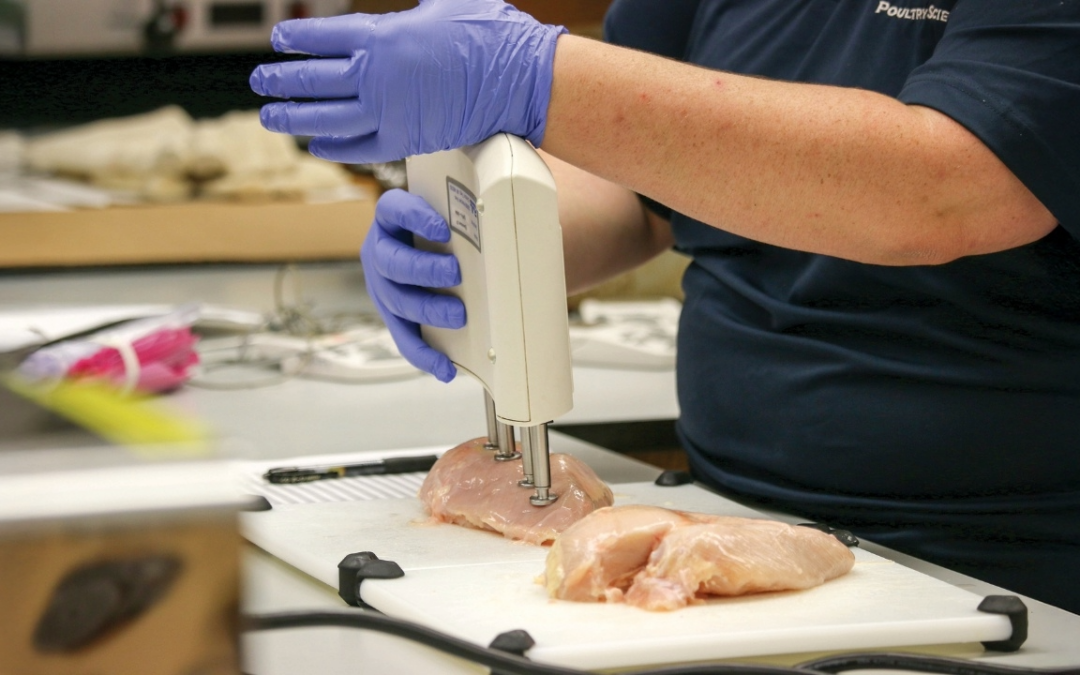
When food poisoning strikes people often spend hours wondering what they ate or touched to cause the illness. Fortunately, poultry scientists at Auburn University...
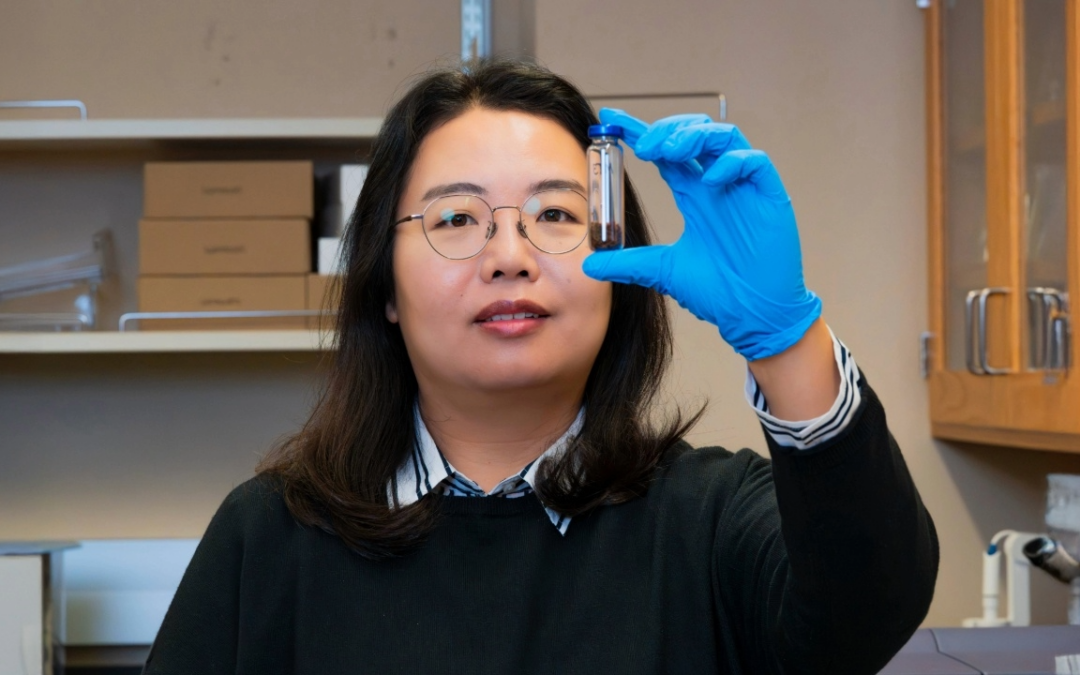
Food scientist recognized for teaching excellence In Assistant Professor Sungeun Cho’s classroom, food isn’t just something to taste — it’s a gateway to science,...
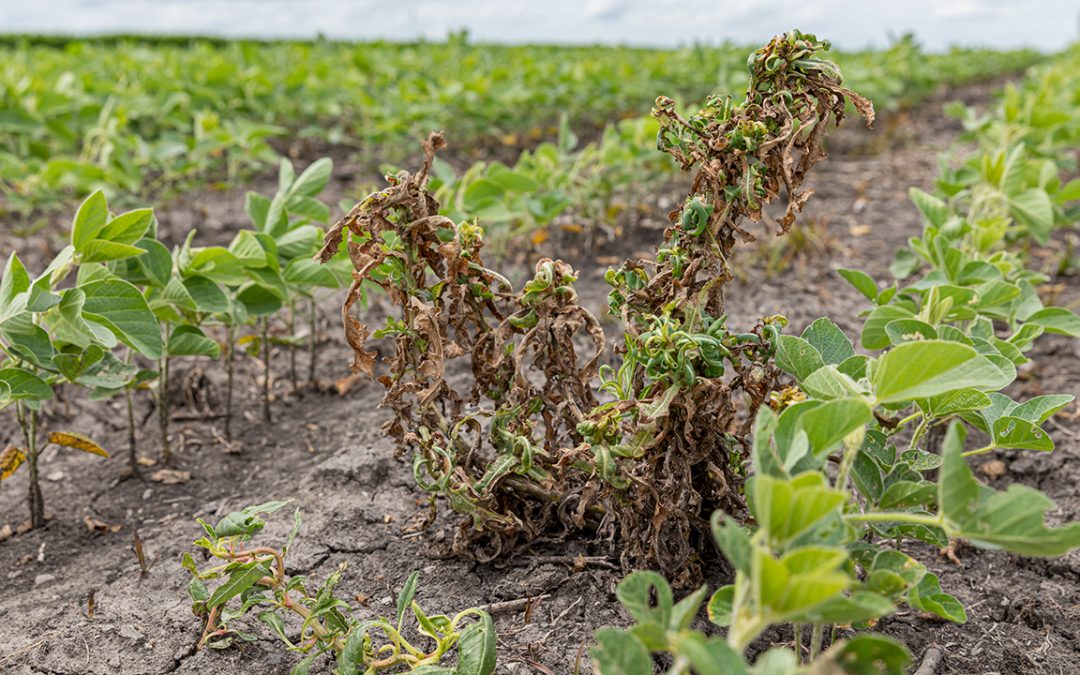
Auburn researchers help farmers adapt to EPA changes This year, major regulatory changes enacted by the Environmental Protection Agency (EPA) will affect farmers nationwide, specifically herbicide use for soybean and cotton producers. For 2025, dicamba herbicide...
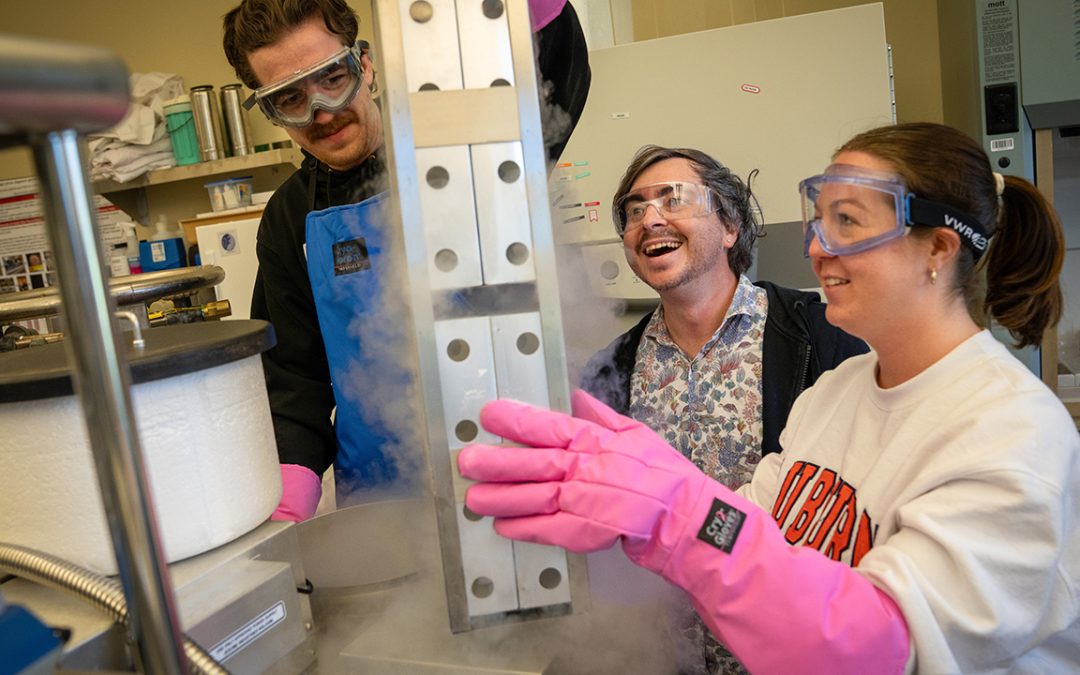
Better breeding ability would make catfish farming more efficient and profitable The $437 million U.S. catfish industry is in need of better genetic and breeding technologies to be competitive with foreign imports. Recently, Auburn scientists have made advances in...
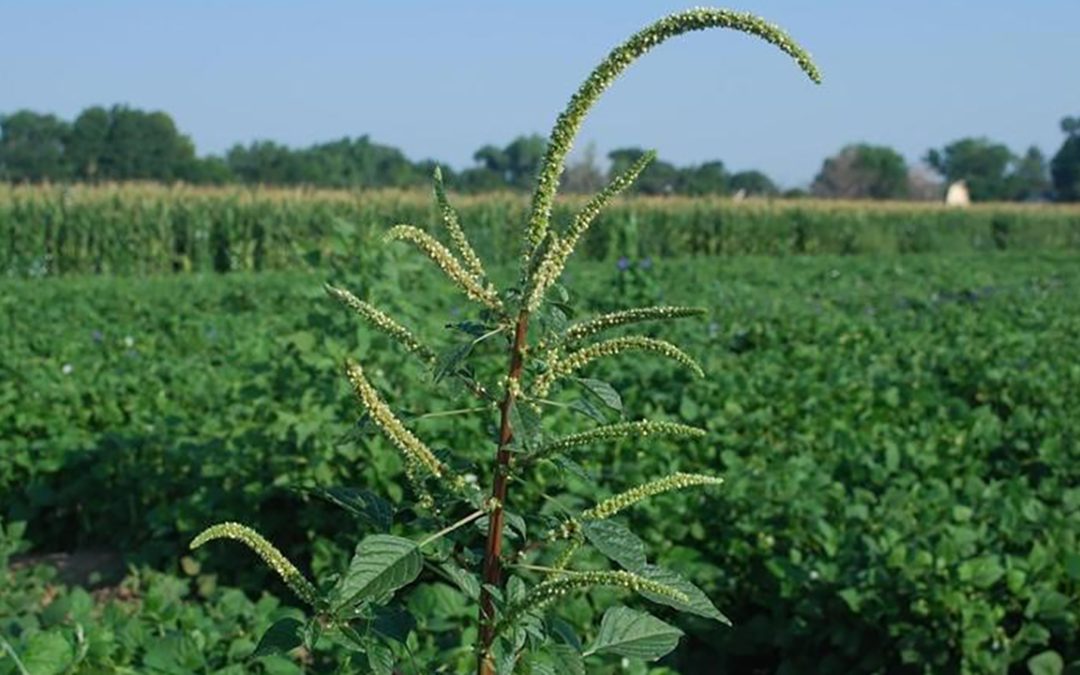
Imagine a weed that can produce 600,000 seeds per plant and grow as much as 2.5 inches per day. Such a weed exists, and it’s not being grown somewhere in a secure lab — it’s widespread in the fields of Alabama farmers and throughout the United States. This “super”...
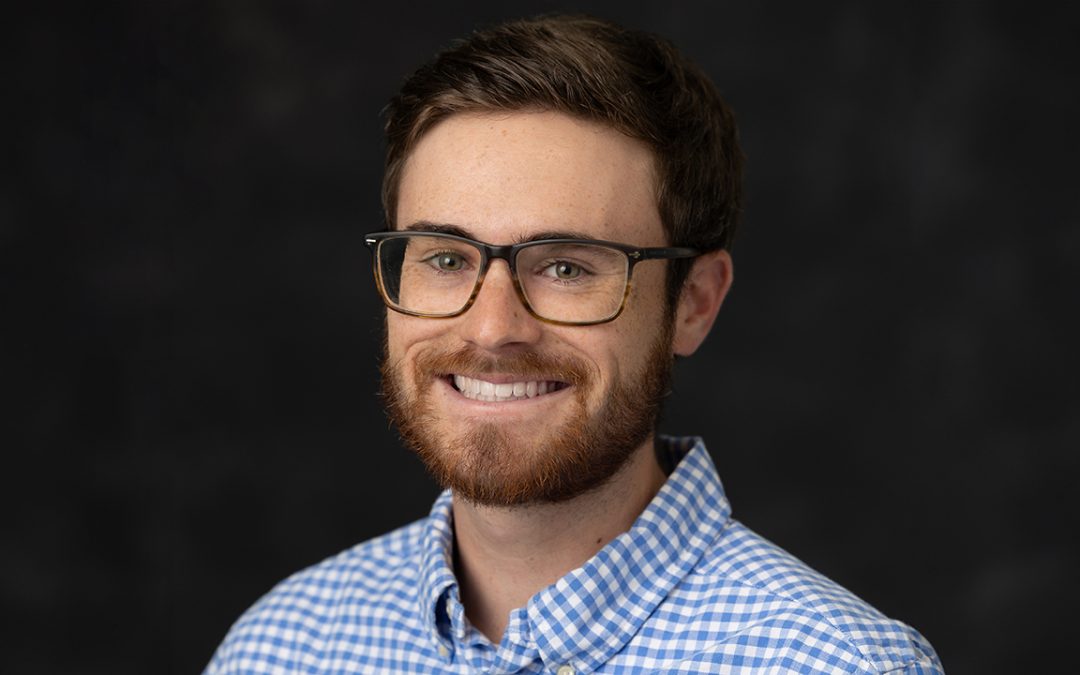
Effective July 1, 2025, Josh Lee will join Auburn University and the Alabama Cooperative Extension System as an extension specialist for cotton. His responsibilities will include in-service training for extension agents, conveying information about new developments...
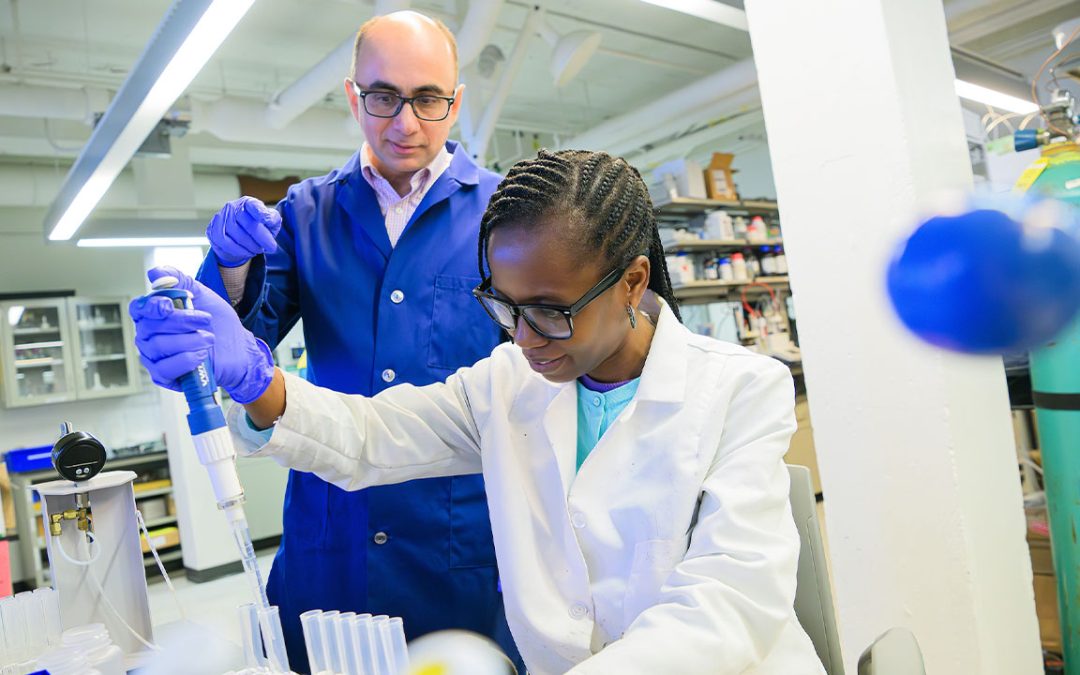
The Southeastern Conference (SEC), on Feb. 24, named Sushil Adhikari as Auburn’s honoree for the SEC Faculty Achievement Award.
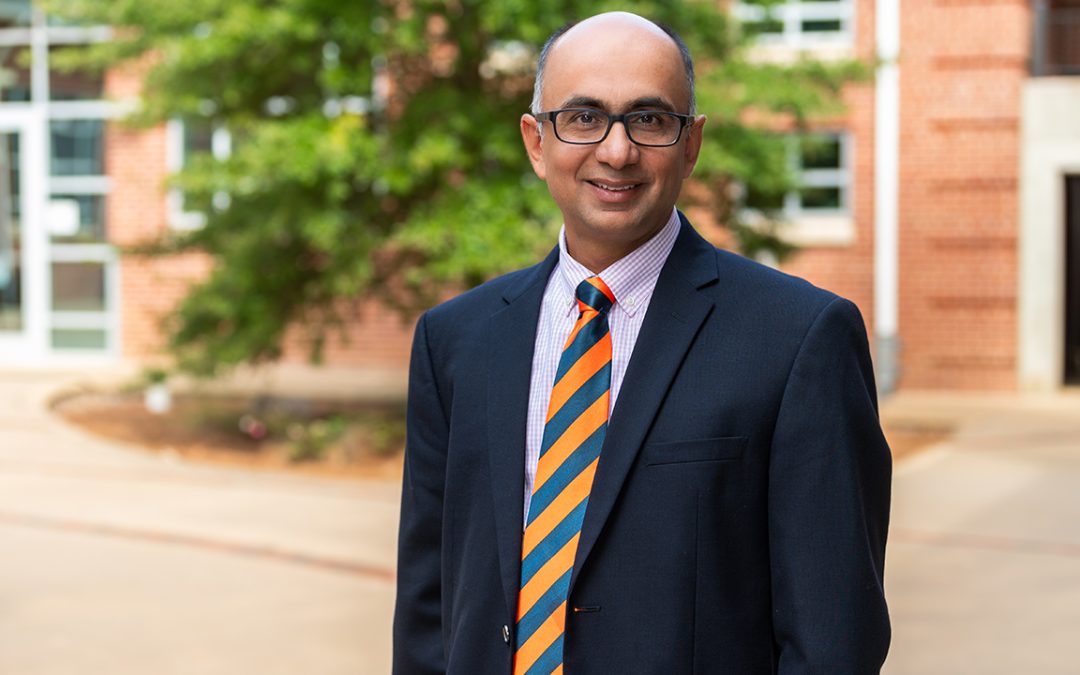
Sushil Adhikari will serve as the Auburn University College of Agriculture’s interim associate dean for research and interim associate director of the Alabama Agricultural Experiment Station, effective Feb. 16. He replaces Arthur Appel, who stepped into the role of...
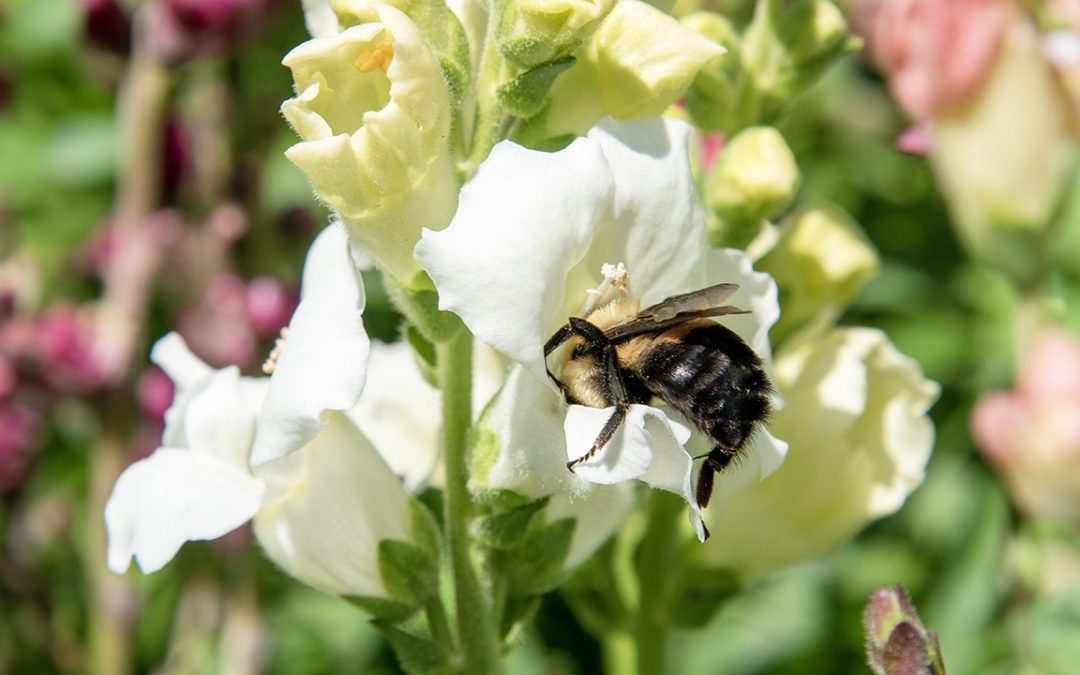
Children’s garden, new Auburn University Bee Center approved Two transformational projects for the Auburn University College of Agriculture were approved by the Board of Trustees at its meeting on Friday, Feb. 7. First, the board approved phase one of a new children’s...
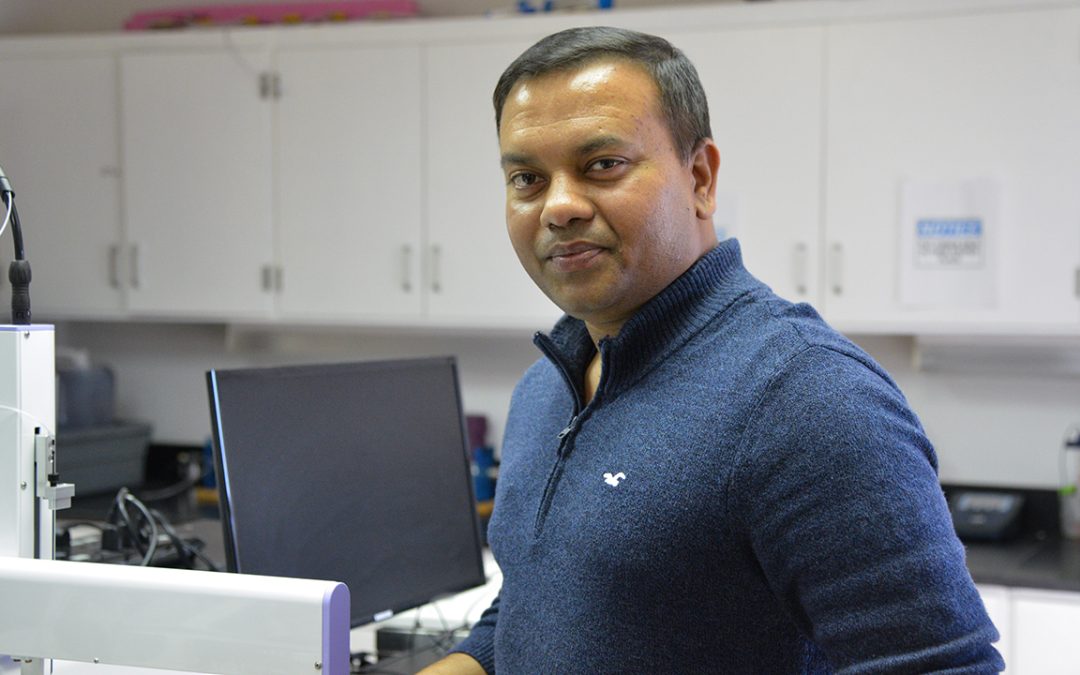
Each year, the Alabama poultry industry produces two fully loaded Nimitz-class aircraft carriers’ worth of poultry litter, or about 3.6 billion pounds. Poultry litter is rich in nitrogen and phosphorus, and much of the waste product is applied to farmland as a...
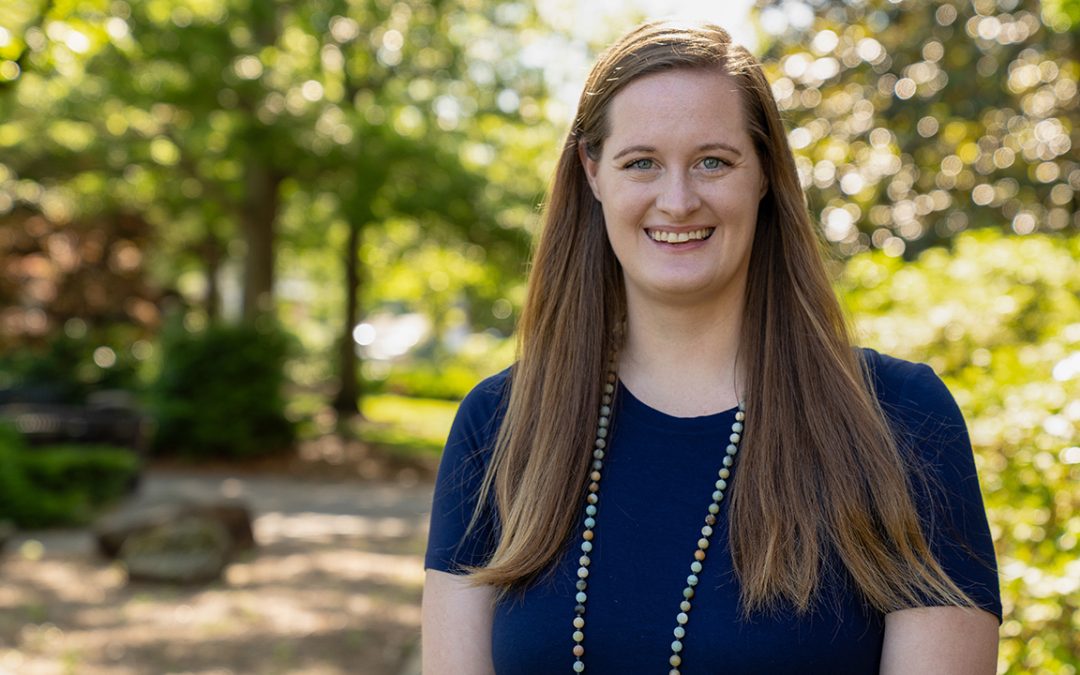
Mallory Beck, academic advisor for the Auburn University College of Agriculture’s Department of Animal Sciences, recently received two awards recognizing her excellence in her profession. Beck received the Outstanding New Advisor Award from the Provost’s Office’s 2025...
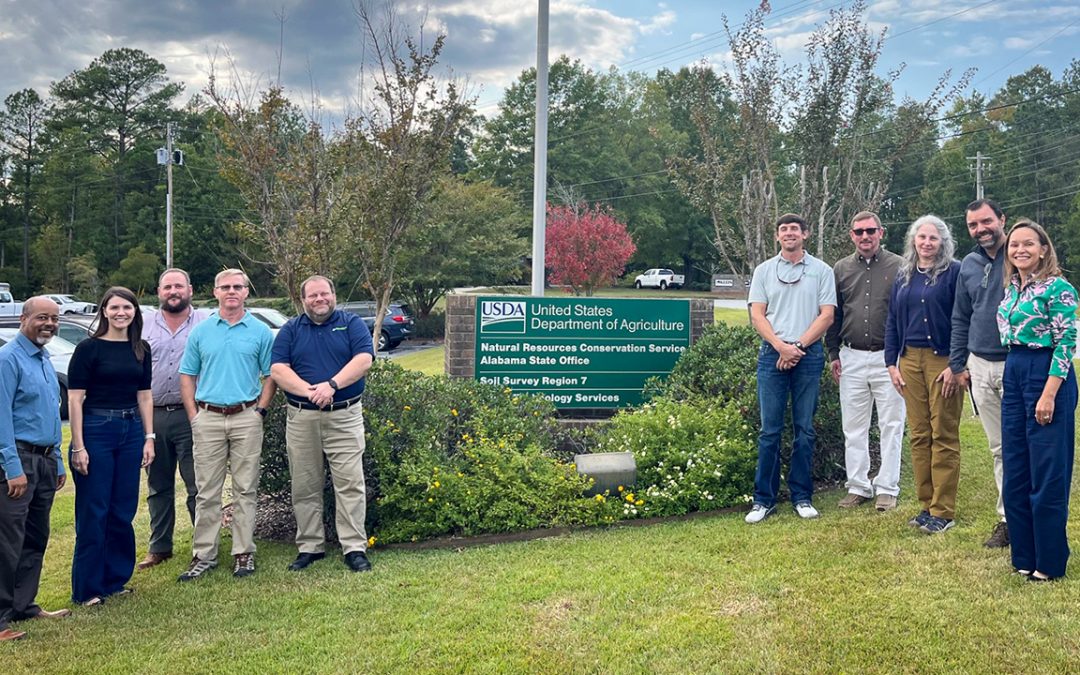
Auburn University researchers and Alabama Extension specialists are taking their expertise from labs and small experimental plots to Alabama farmers’ fields with a $4 million grant from the Natural Resources Conservation Service (NRCS). The grant aims to increase...
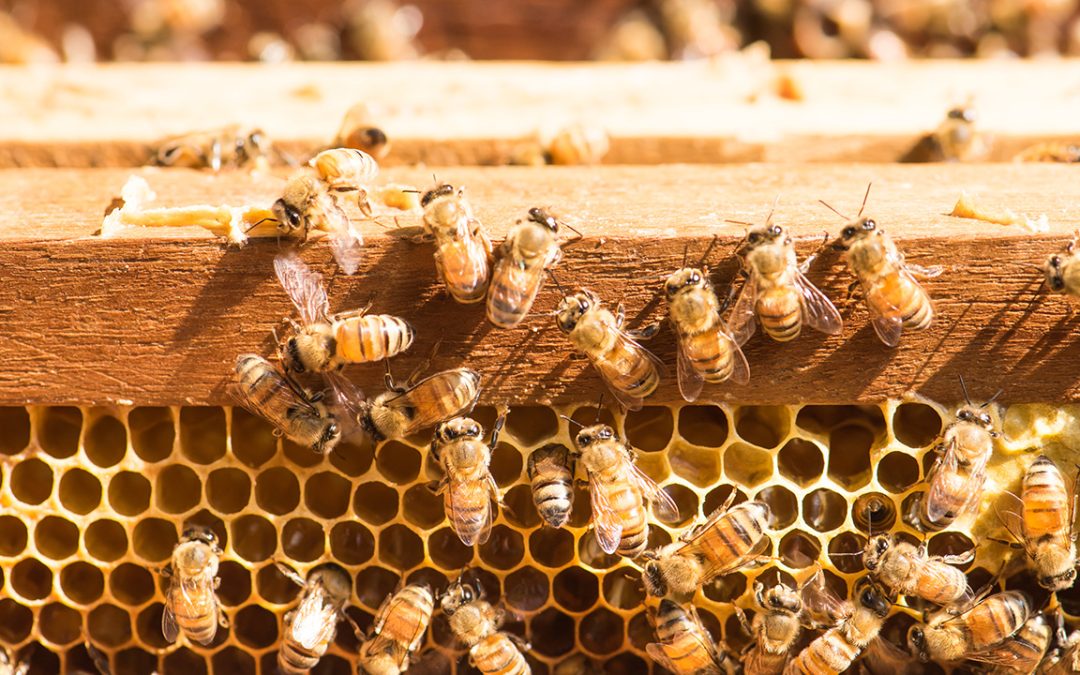
The annual U.S. Beekeeping Survey, designed and administered by Auburn University and Apiary Inspectors of America, indicates the highest colony losses since the 2010-11 beekeeping season, when colony loss rates were first determined. U.S. beekeepers lost an estimated...
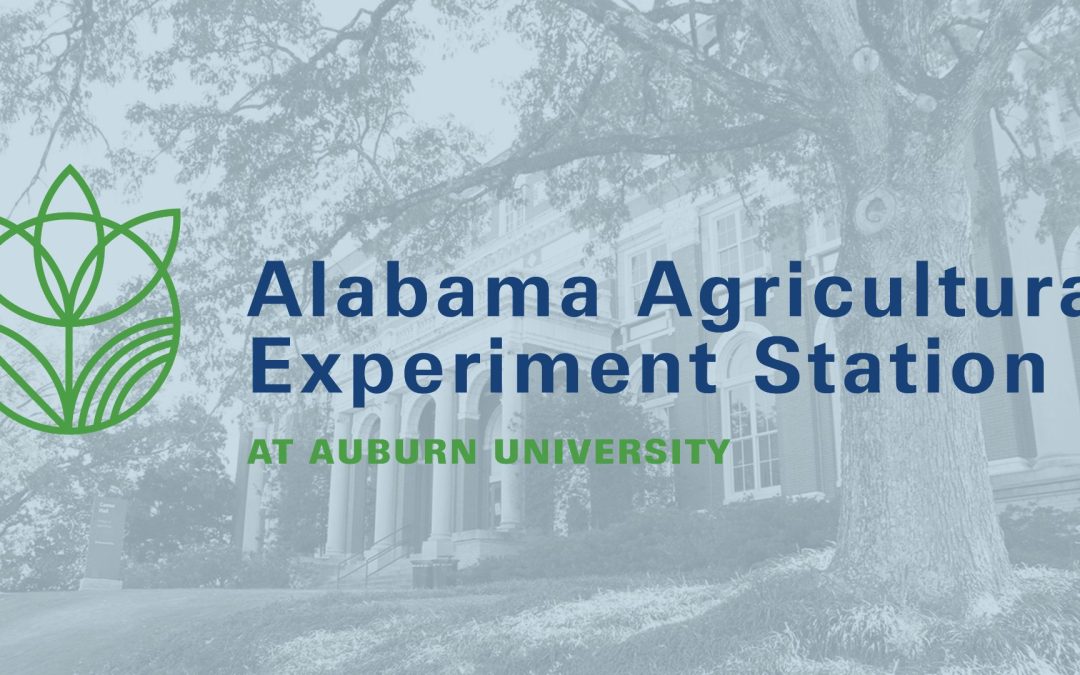
Research made possible by $300,000 USDA-NIFA grant The scale of pork production in the U. S. is such that reducing the average pig’s time on feed by just one day can put $76 million back into pork producers’ pockets. Animal scientists at Auburn University are...
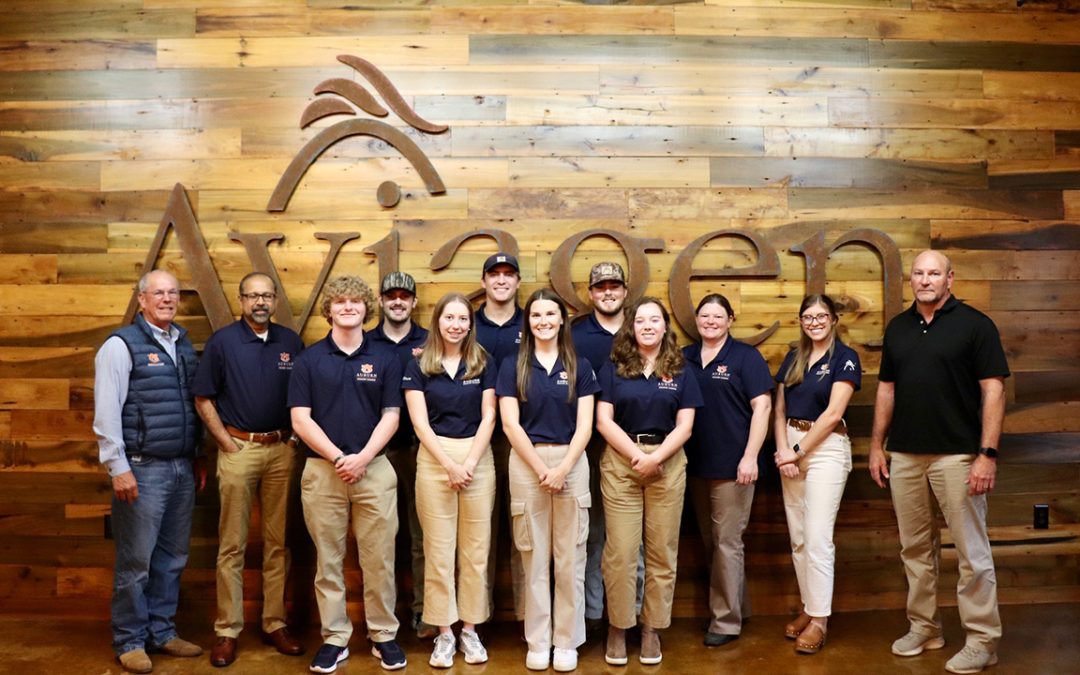
Networking with industry professionals is a crucial step to success for any undergraduate student. It is especially important for students studying poultry science at Auburn University, as the broiler industry is Alabama’s top agricultural commodity. Making...
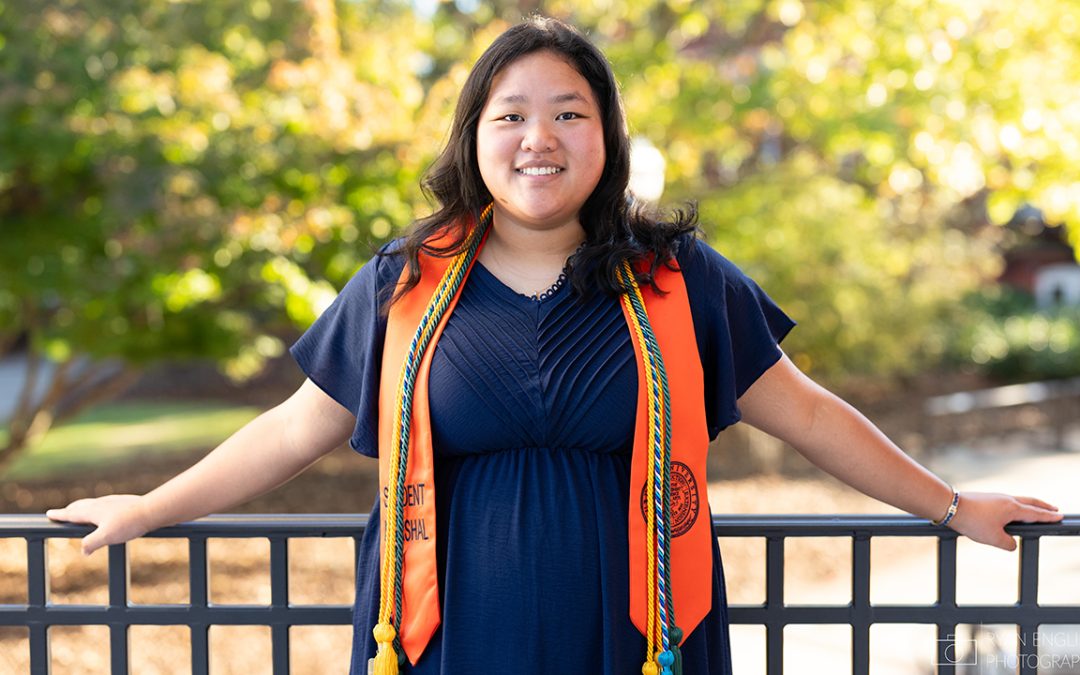
Auburn University Marching Band member Rachel Robinson has one more march to make. The animal sciences (pre-vet) major is the student marshal for the College of Agriculture at the 2024 winter commencement ceremony on Saturday, Dec. 14. Robinson’s time as an...
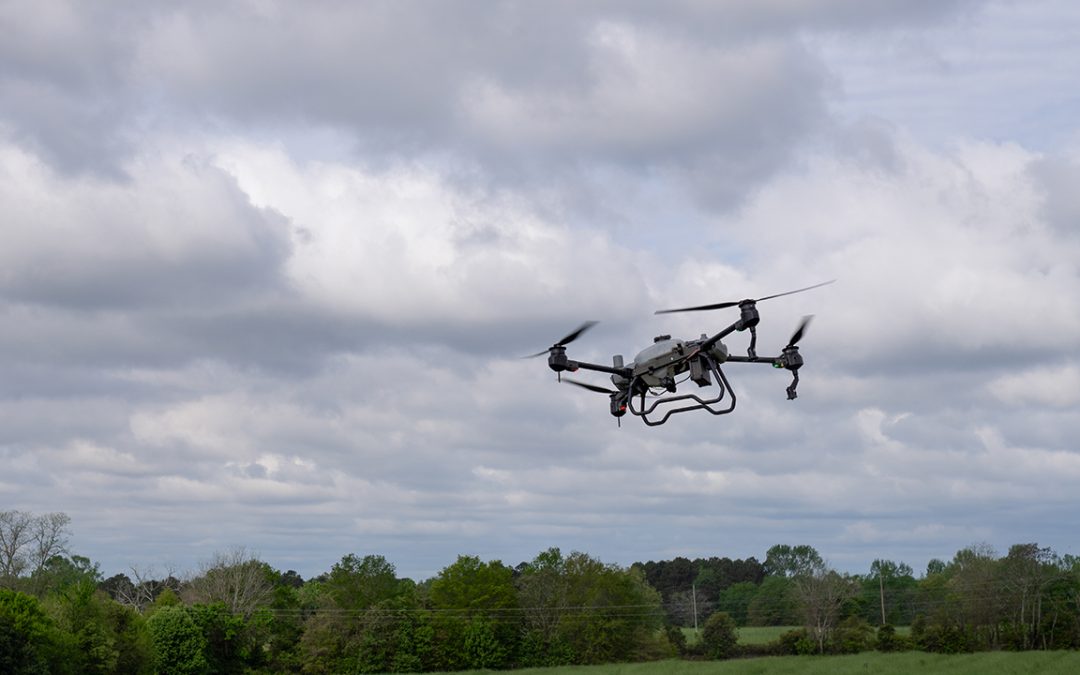
Auburn-developed method could advance efforts to breed a drought-tolerant peanut Auburn University researchers have devised a new means of measuring the physiological characteristics of peanut plants that should prove to be instrumental in speeding the breeding...
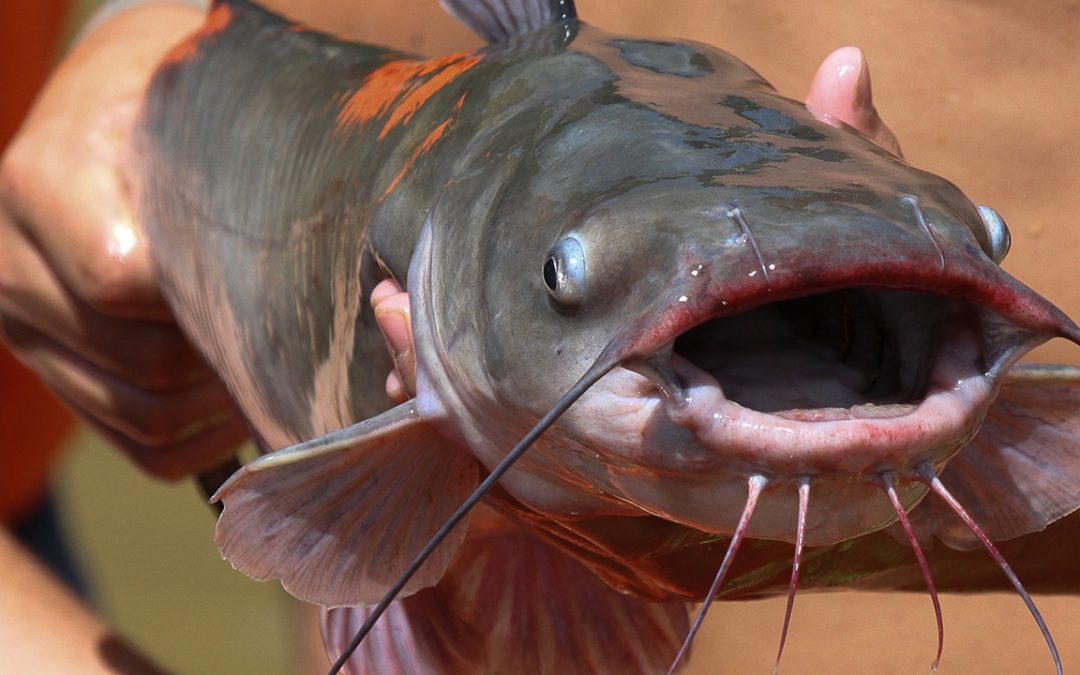
Catfish farmers may be hurting their profitability by needlessly sacrificing male catfish when collecting sperm for breeding, according to a recent Auburn study. The same study discovered the indicators farmers commonly use to select males for breeding, like head size...
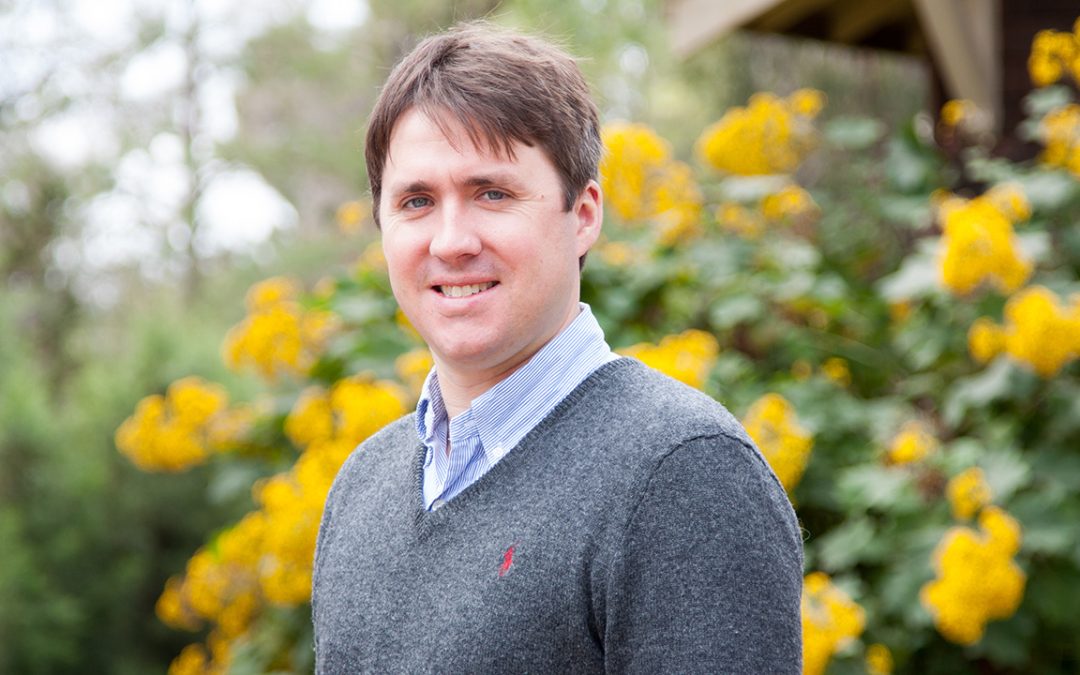
Andrew L. Rypel will serve as director of the Auburn University School of Fisheries, Aquaculture and Aquatic Sciences, effective March 22. He comes from the University of California at Davis, where he currently serves as director of the Center for Watershed Resources...
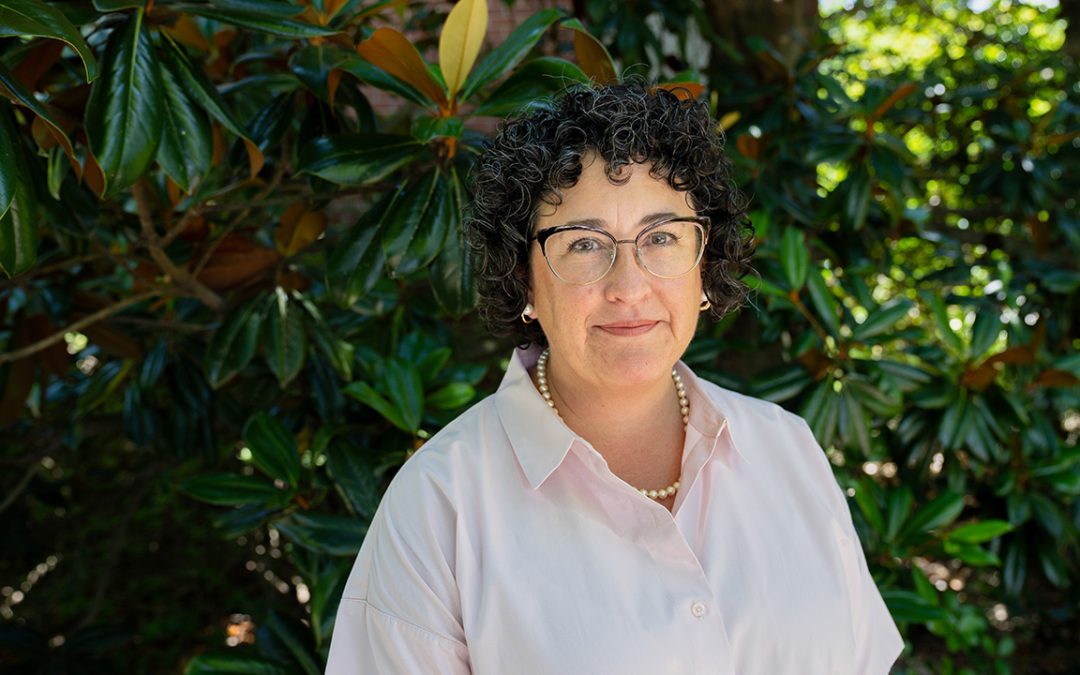
Amy Wright, professor of horticulture and associate dean for instruction, was named an American Society for Horticultural Science Fellow at the society’s annual conference Sept. 23-27. ASHS is globally recognized as one of the most respected and influential...
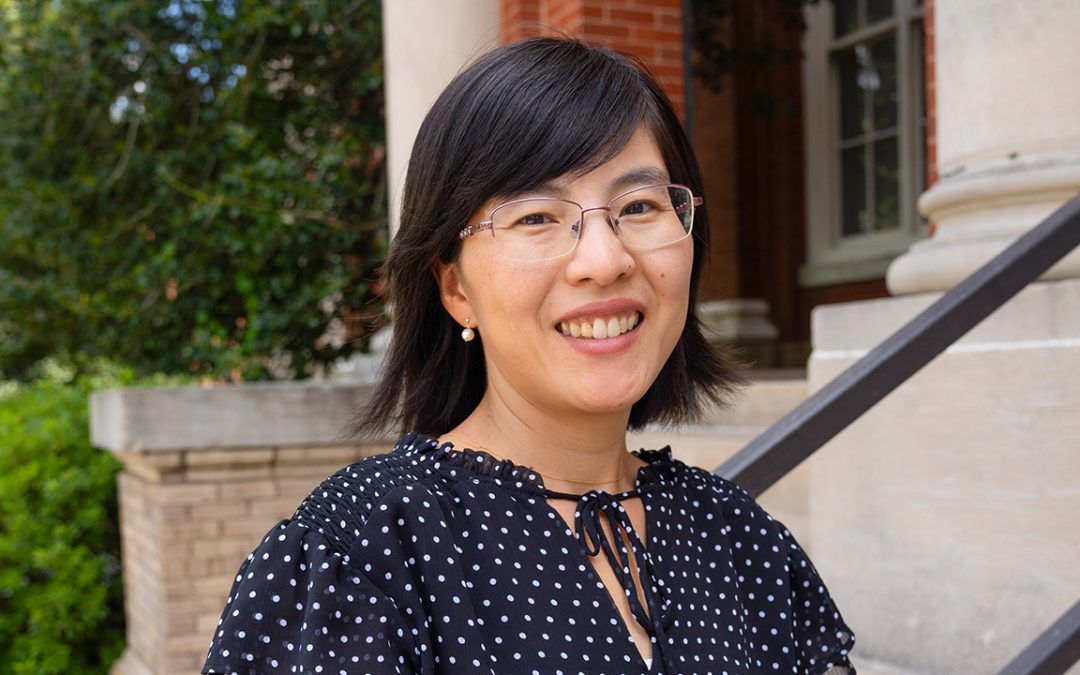
Sushan Ru, assistant professor of horticulture, won first place in the Early Career Competition at the American Society for Horticultural Science Annual Conference Sept. 23-27. ASHS is globally recognized as one of the most respected and influential professional...
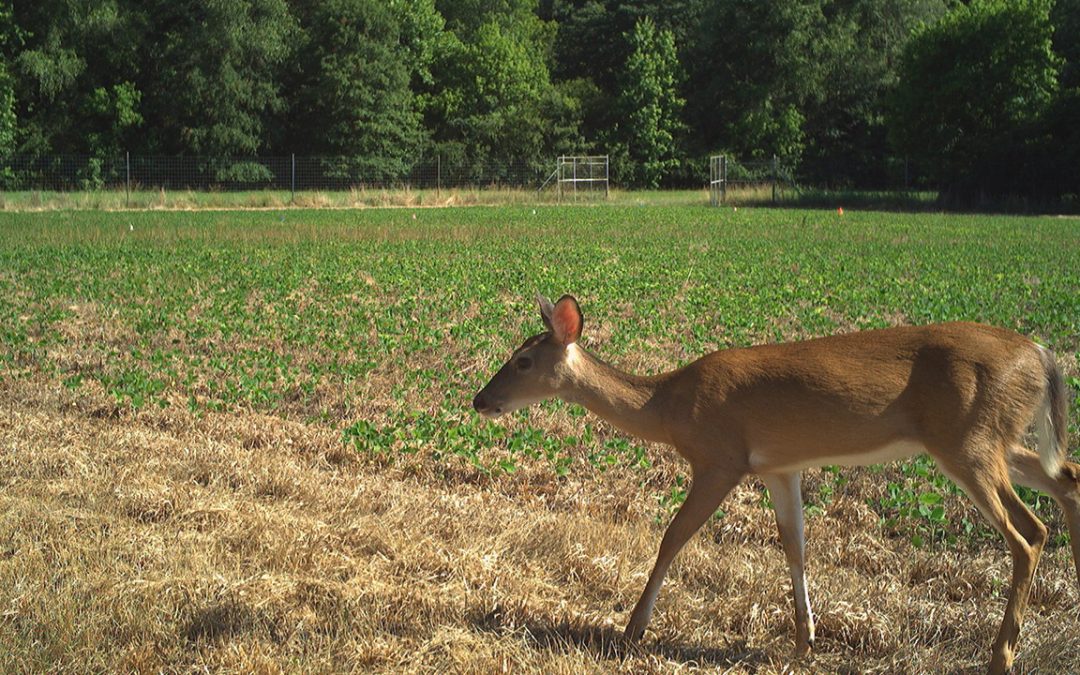
When can there be too many deer even for a hunting enthusiast? When that same enthusiast is a row-crop farmer, and the deer are using their fields as an all-you-can-eat buffet. While deer grazing on crops has been a consistent problem for decades, it has escalated in...
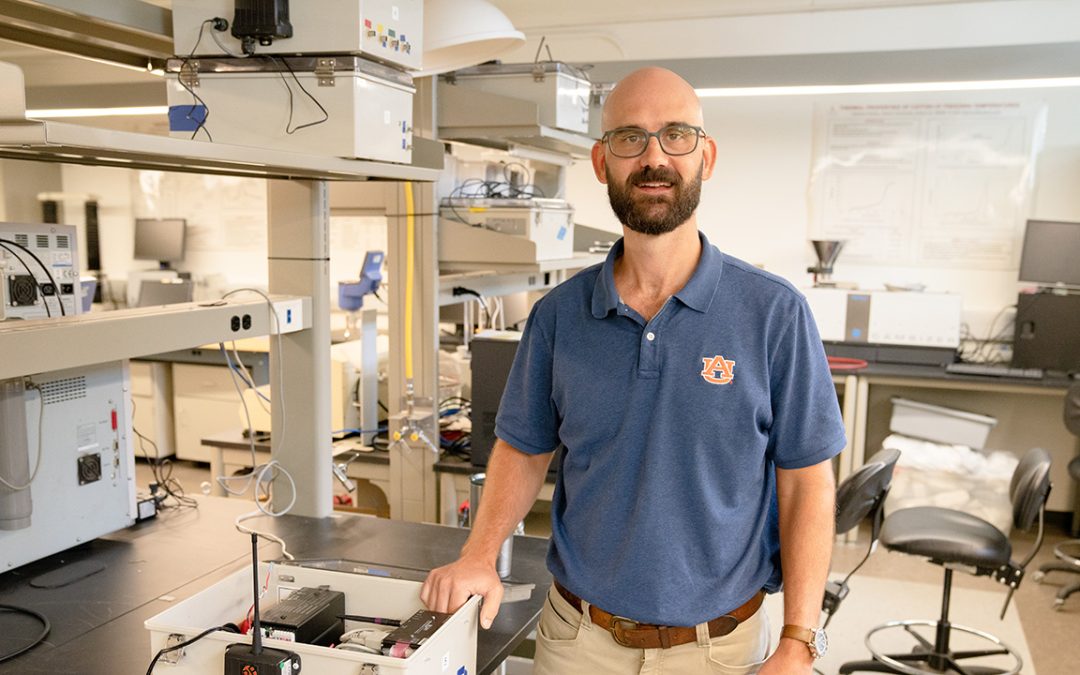
The average broiler chicken lives 6–8 weeks and spends much of that time indoors, but researchers at Auburn University are investigating the use of natural light in broiler houses and its effects on bird performance and welfare. A team of agricultural engineers,...

Auburn researchers help farmers adapt to EPA changes This year, major regulatory changes enacted by the Environmental Protection Agency (EPA) will affect farmers nationwide, specifically herbicide use for soybean and cotton producers. For 2025, dicamba herbicide...

Better breeding ability would make catfish farming more efficient and profitable The $437 million U.S. catfish industry is in need of better genetic and breeding technologies to be competitive with foreign imports. Recently, Auburn scientists have made advances in...

Imagine a weed that can produce 600,000 seeds per plant and grow as much as 2.5 inches per day. Such a weed exists, and it’s not being grown somewhere in a secure lab — it’s widespread in the fields of Alabama farmers and throughout the United States. This “super”...

Effective July 1, 2025, Josh Lee will join Auburn University and the Alabama Cooperative Extension System as an extension specialist for cotton. His responsibilities will include in-service training for extension agents, conveying information about new developments...

The Southeastern Conference (SEC), on Feb. 24, named Sushil Adhikari as Auburn’s honoree for the SEC Faculty Achievement Award.

Sushil Adhikari will serve as the Auburn University College of Agriculture’s interim associate dean for research and interim associate director of the Alabama Agricultural Experiment Station, effective Feb. 16. He replaces Arthur Appel, who stepped into the role of...

Children’s garden, new Auburn University Bee Center approved Two transformational projects for the Auburn University College of Agriculture were approved by the Board of Trustees at its meeting on Friday, Feb. 7. First, the board approved phase one of a new children’s...

Each year, the Alabama poultry industry produces two fully loaded Nimitz-class aircraft carriers’ worth of poultry litter, or about 3.6 billion pounds. Poultry litter is rich in nitrogen and phosphorus, and much of the waste product is applied to farmland as a...

Mallory Beck, academic advisor for the Auburn University College of Agriculture’s Department of Animal Sciences, recently received two awards recognizing her excellence in her profession. Beck received the Outstanding New Advisor Award from the Provost’s Office’s 2025...

Auburn University researchers and Alabama Extension specialists are taking their expertise from labs and small experimental plots to Alabama farmers’ fields with a $4 million grant from the Natural Resources Conservation Service (NRCS). The grant aims to increase...

The annual U.S. Beekeeping Survey, designed and administered by Auburn University and Apiary Inspectors of America, indicates the highest colony losses since the 2010-11 beekeeping season, when colony loss rates were first determined. U.S. beekeepers lost an estimated...

Research made possible by $300,000 USDA-NIFA grant The scale of pork production in the U. S. is such that reducing the average pig’s time on feed by just one day can put $76 million back into pork producers’ pockets. Animal scientists at Auburn University are...

Networking with industry professionals is a crucial step to success for any undergraduate student. It is especially important for students studying poultry science at Auburn University, as the broiler industry is Alabama’s top agricultural commodity. Making...

Auburn University Marching Band member Rachel Robinson has one more march to make. The animal sciences (pre-vet) major is the student marshal for the College of Agriculture at the 2024 winter commencement ceremony on Saturday, Dec. 14. Robinson’s time as an...

Auburn-developed method could advance efforts to breed a drought-tolerant peanut Auburn University researchers have devised a new means of measuring the physiological characteristics of peanut plants that should prove to be instrumental in speeding the breeding...

Catfish farmers may be hurting their profitability by needlessly sacrificing male catfish when collecting sperm for breeding, according to a recent Auburn study. The same study discovered the indicators farmers commonly use to select males for breeding, like head size...

Andrew L. Rypel will serve as director of the Auburn University School of Fisheries, Aquaculture and Aquatic Sciences, effective March 22. He comes from the University of California at Davis, where he currently serves as director of the Center for Watershed Resources...

Amy Wright, professor of horticulture and associate dean for instruction, was named an American Society for Horticultural Science Fellow at the society’s annual conference Sept. 23-27. ASHS is globally recognized as one of the most respected and influential...

Sushan Ru, assistant professor of horticulture, won first place in the Early Career Competition at the American Society for Horticultural Science Annual Conference Sept. 23-27. ASHS is globally recognized as one of the most respected and influential professional...

When can there be too many deer even for a hunting enthusiast? When that same enthusiast is a row-crop farmer, and the deer are using their fields as an all-you-can-eat buffet. While deer grazing on crops has been a consistent problem for decades, it has escalated in...

The average broiler chicken lives 6–8 weeks and spends much of that time indoors, but researchers at Auburn University are investigating the use of natural light in broiler houses and its effects on bird performance and welfare. A team of agricultural engineers,...